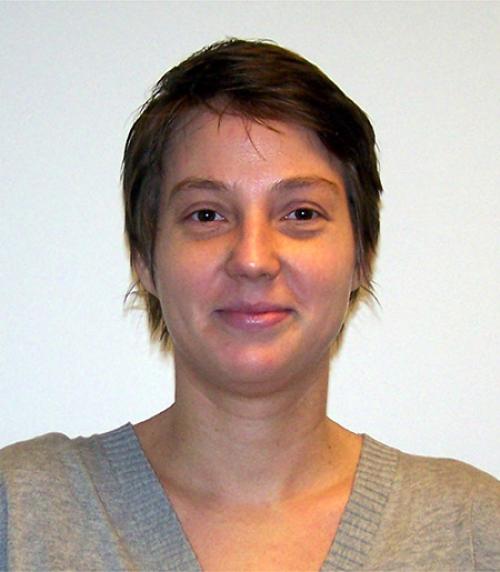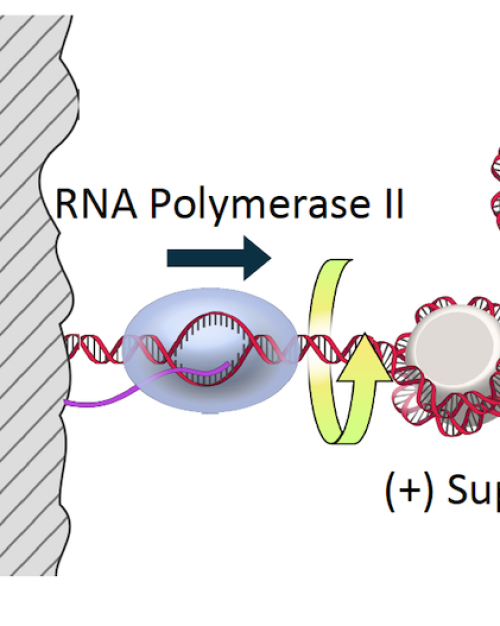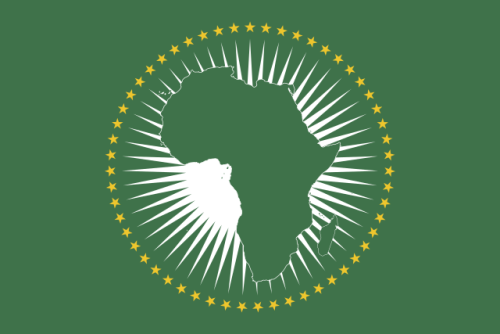An Ethiopian government delegation and Tigray forces are meeting in South Africa for the first formal peace talks since war broke out two years ago. The talks are being mediated by the African Union (AU).
Oumar Ba, assistant professor of government in the College of Arts & Sciences, studies law, violence, race, humanity and world order in international politics. He says the AU is still struggling to become an effective organization.
“The African Union was created to replace its predecessor which was no longer adequate to respond to the challenges that the continent faced in the post-Cold War era, especially with its non-interference policy and rigid interpretation of state sovereignty," says Ba.
"Yet, the war in the AU’s host state of Ethiopia shows that, despite its broad mandate and the African Peace and Security Architecture, it is still struggling to become an effective organization with a meaningful imprint on conflict resolutions in the continent. This could explain why it took the AU two years to bring the parties to the negotiation table, amidst reports of crimes against humanity and ethnic cleansing in Tigray,” Ba says.
For interviews contact Becka Bowyer, (607) 220-4185, rpb224@cornell.edu.




